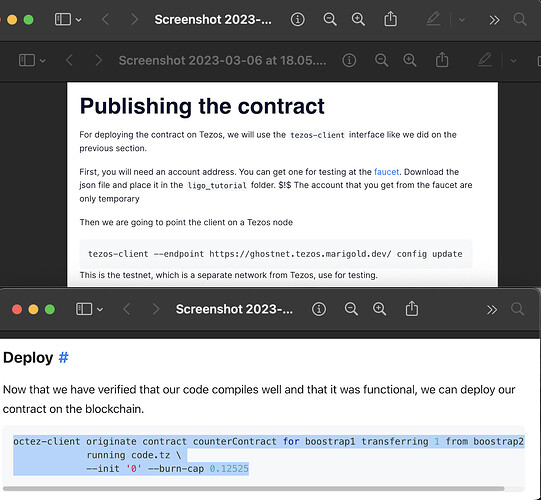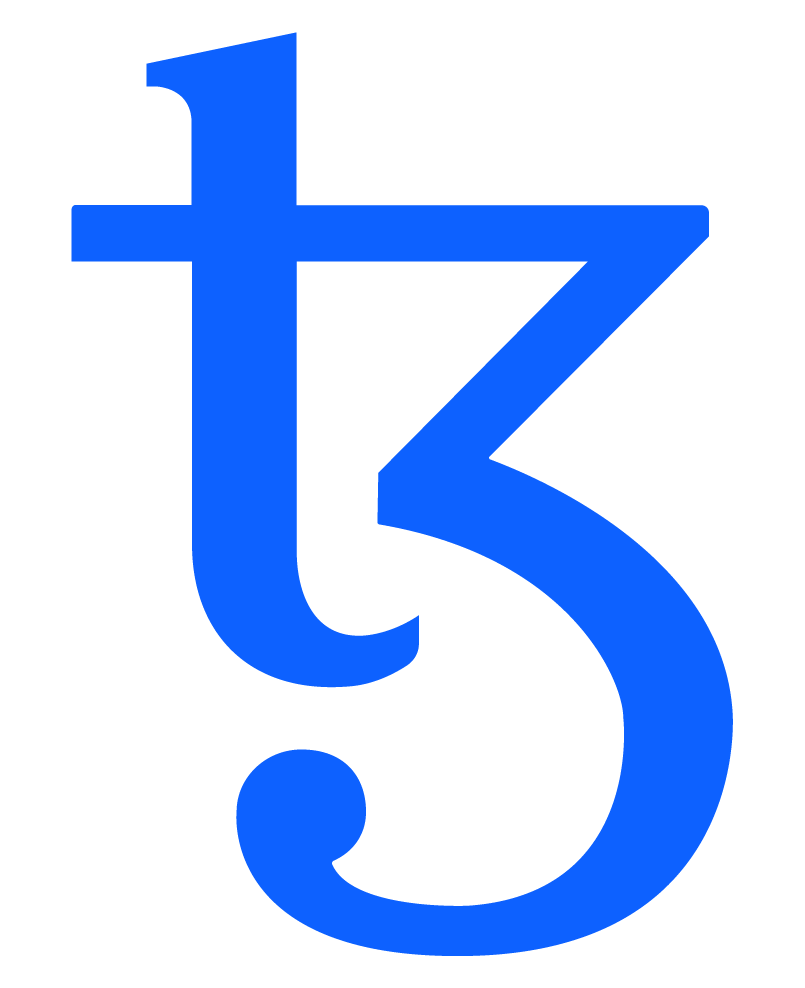About the predicted deprecation of PascaLigo, please read the following statement by GA (founder/CEO of LigoLANG):
"About PascaLIGO
The documentation is broken. This is a bug from the doc website, we are currently fixing it. We do not intend to remove past things that worked, and will obviously not remove PascaLIGO from previous versions.
It is being deprecated.
Starting from V1 (next version), it won’t be part of the compiler any more. We will of course keep the docs and PascaLIGO in older versions. All of this was going to be explained in the next version’s changelog + Twitter announcement, where we communicate all of our changes, as usual. But V1 has been postponed by two weeks. As you can imagine, there are a lot of breaking changes, and will bring with it V1 of LIGO.
Why PascaLIGO is being deprecated?
This was asked to us many times by our funders. The preferred strategy was to focus solely on CameLIGO and even more so on JsLIGO. Similarly, the PyLIGO project is also cancelled for now. The main reasons are:
- There is a regular feedback that too many syntax is confusing
- There’s a cost to maintaining extra syntaxes
- It is better to focus resources, training, documentation on fewer syntaxes to maximize adoption
- PascalLIGO had very quirky syntax and did not make for a good onboarding language
- A major reason for why PascaLIGO still had use was the presence of imperative features, which have since then been ported to JsLIGO
Furthermore, we did it in the past for ReasonLIGO a while ago, given the low relative usage. Similarly, our latest poll shows that CameLIGO and JsLIGO are the main choice by far (90%) new projects.
While we historically were against the removal of PascaLIGO, this is a period of bear market, accompanied with budget cuts, and we must focus. More on this last point: major changes are coming on V1, which will significantly improve onboarding and dev experience. Porting them to PascaLIGO will delay it.
We understand this is hard for many users. To help the transition, we will help any project written in PascaLIGO to migrate to JsLIGO.
- For small projects, it can just be consulting and explaining how things work in JsLIGO
- For bigger projects, we have some basic tool to migrate PascaLIGO to JsLIGO. It is not neatly packaged as it is unfinished (you can see it with the transpile command of the previous version), but for big projects, we’ll help directly."
Questions and feedback can be shared here and on any LigoLANG social media platform (Twitter, Discord, Telegram, Slack).

